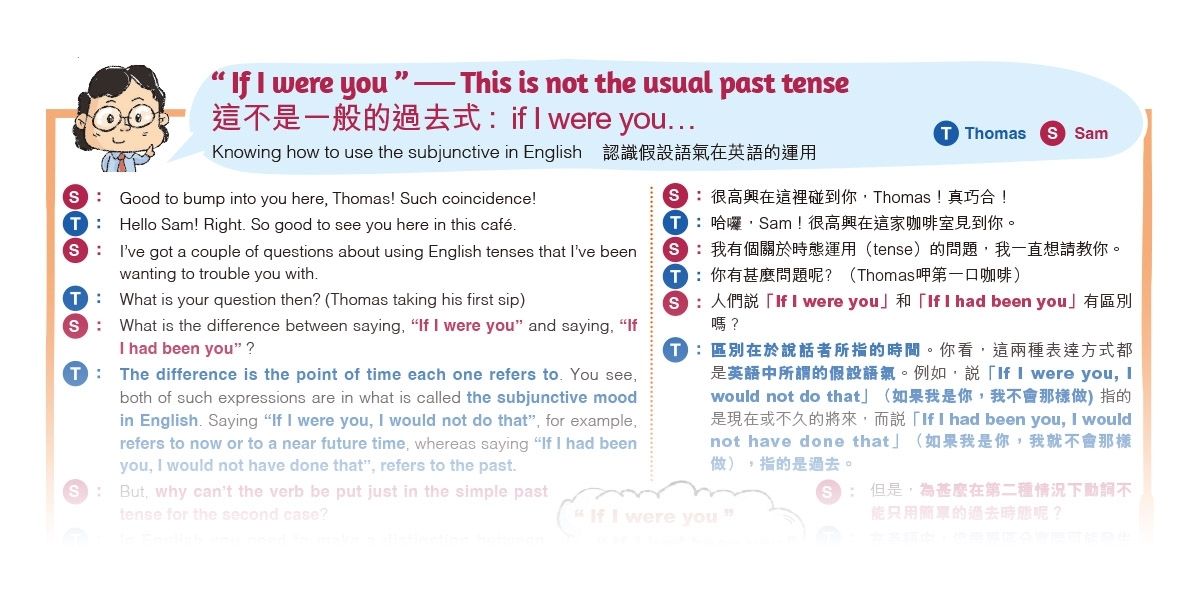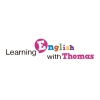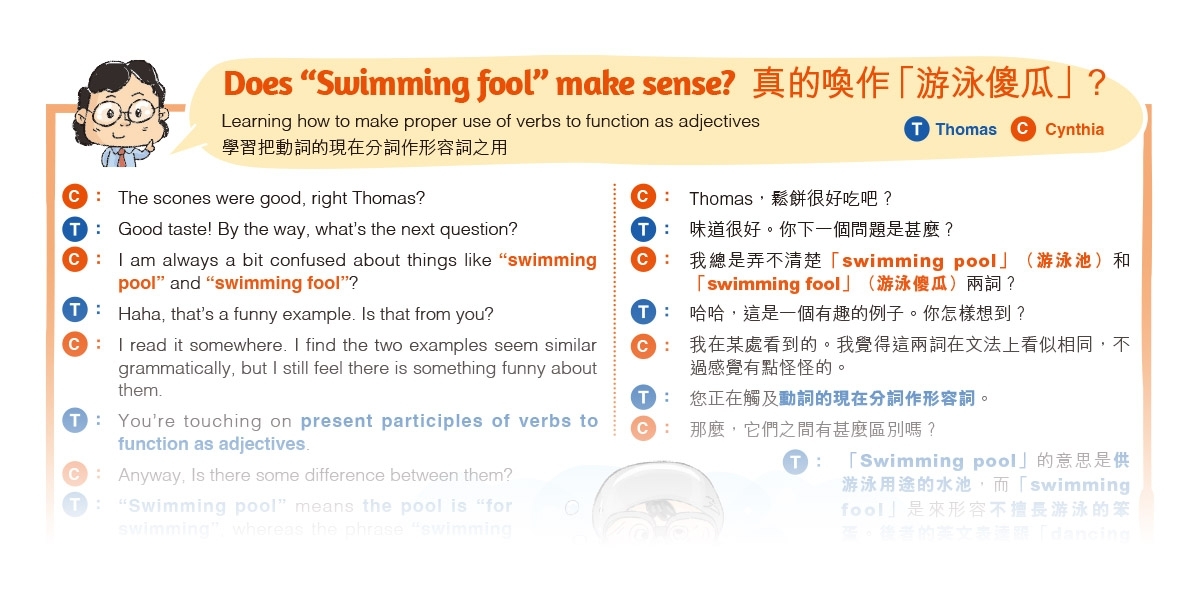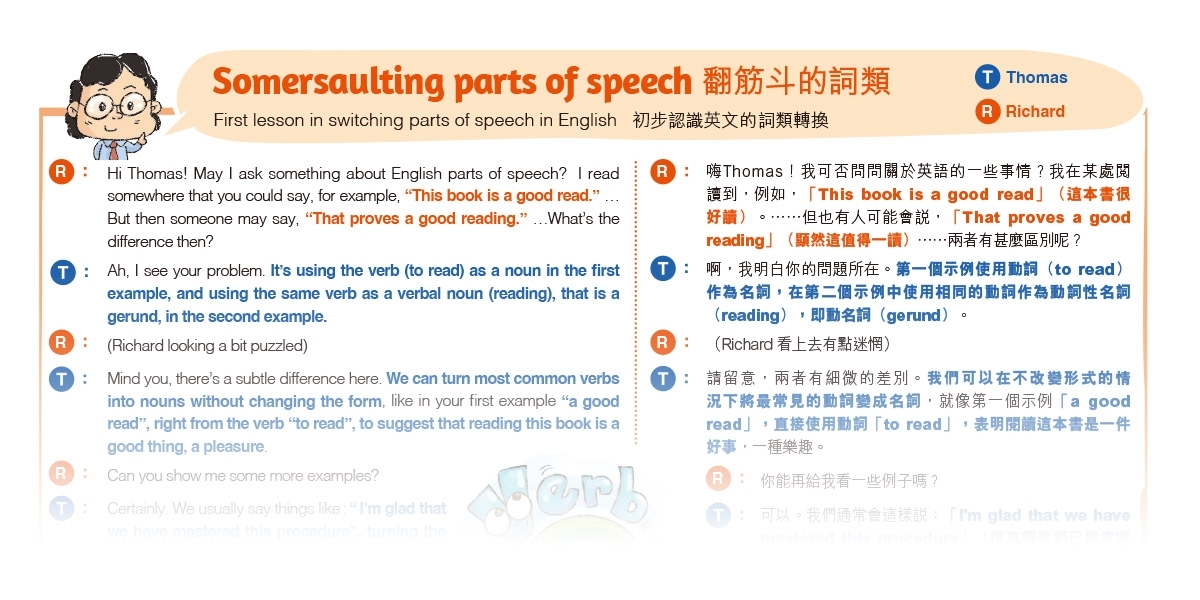昔日文章


中學專題
2024.04.14
觀塘瑪利諾書院
推動保育瀕危動物 創出一片天
(本報專題)「公司的名字『Envision』解作願景,我們憧憬著一個未來,希望瀕危動物不再面臨現在的困境。這也是一個動詞,我們希望做一些事情來實現這個願景……一間公司不能只顧著賺錢,還要思考如何回饋社會,才可長遠發展。」觀塘瑪利諾書院的中五學生藍顥擔任Envision的首席執行官,把公司理念闡釋得頭頭是道,儼如身經百戰的企業家。
該校去年10月參加由非牟利機構「青年成就香港部」舉辦的青年創業體驗計劃,由25位中四及中五的學生組成公司,利用約半年時間,擬定公司理念、在校內籌集資金、規劃業務發展、生產和營銷自家製產品。Envision副首席執行官、就讀中四的洪煒豪說,公司成員均喜歡動物,原本打算以貓、狗等可愛動物為題材, 但在搜集資料期間,發現香港較少人關注瀕危動物,便改為製作與這些動物相關的產品,希望為保護動物出一分力。
盼大眾關注瀕危動物
Envision選取了六十多種瀕危動物,包括黑臉琵鷺、藍鯨、小熊貓和香港獨有的盧文氏樹蛙等,設計卡牌遊戲,每張卡牌均印有瀕危動物的圖像,玩家須互相競猜對方所扮演的瀕危動物,卡牌上亦附有二維碼,可連結到網站閱讀該動物的資料,希望以輕鬆手法加深公眾對牠們的認識。洪煒豪坦言,不期望能立刻改變現狀,但隨著更多人認識瀕危動物, 便能「以生命影響生命」,感染身邊的人關注這個議題。
藍顥指出,人類大量使用塑膠和為獲取皮革而過度獵殺,令瀕危動物面臨生態及絕種危機,故製作了容易降解的環保袋和仿皮革帆布銀包,鼓勵大眾減少使用塑膠和皮革產品。他們利用人工智能設計及繪畫動物初稿,配上不同風格的背景,再人手加工成為產品上的圖案, 更推出「客製化」服務,即場以燙印技術把顧客選取的圖案印在產品上。
主辦機構早前安排數十間參加創業體驗計劃的學校進駐商場,設置攤檔擺賣一天。Envision在當天摘下「最佳商品獎」季軍,他們介紹公司和產品特色的宣傳短片,亦由網民選出成為「最具人氣獎」得主之一。兩位同學均稱,最高興是能實地向顧客銷售產品,因為這標誌著公司過去幾個月由零開始,靠團隊合作共同解決困難、設計及生產商品的成果。公司售賣商品所得的盈餘,部分會回饋有份出資籌組公司的「股東」,其餘的會捐給世界自然基金會,貫徹保護動物的理念。
積極投入創業實戰
藍顥在中四時經已參加創業計劃,負責市場營銷,今年「升職」當上首席執行官,須管理和協調各部門,特別是如何靈活調配人手,使同學能兼顧學業和突如其來的工作,確保公司運作暢順。他認為,這是很寶貴的真實創業體驗,在實踐課本所學之餘亦能了解實際困難:「例如市場營銷,之前學的是要與顧客保持良好關係,想辦法令他們接觸到我們的產品,但實際上為產品做好宣傳工作很困難,要花很多時間和心機,這是課堂上不會有的體驗。」
首次參與計劃的洪煒豪謂,過往看見社會上很多成功的創業例子,經過今次「開眼界」的實戰,除了加深對創業過程的認識,他也學懂與處事作風不同的人相處,更了解到營運一間公司,往往要經歷不少困難才能成功。
負責指導學生的經濟科老師楊駿煒樂見同學透過計劃,投入地體驗商界的實際運作模式和當中可能涉及的風險,而不單是被動地接收知識:「見到他們主動、積極的一面,把想法付諸實行……看著他們一步步走到這個階段,實現了當初的宏願,產品亦有些成績, 我想他們自己有很大滿足感,我作為老師見到他們的成就也很高興。」他直言,「不期望會培養出25個企業家」,但希望同學們牢記這次解決困難和團隊合作的經驗, 日後不論從事甚麼行業, 也能加以應用。(黎)


Learning English with Thomas
2023.06.18
“ If I were you ” —— This is not the usual past tense
這不是一般的過去式 : if I were you…
Knowing how to use the subjunctive in English 認識假設語氣在英語的運用
T:Thomas S: Sam
S:Good to bump into you here, Thomas! Such coincidence!
T:Hello Sam! Right. So good to see you here in this café.
S:I’ve got a couple of questions about using English tenses that I’ve been wanting to trouble you with.
T:What is your question then? (Thomas taking his first sip)
S:What is the difference between saying, “If I were you” and saying, “If I had been you” ?
T:The difference is the point of time each one refers to. You see, both of such expressions are in what is called the subjunctive mood in English. Saying “If I were you, I would not do that”, for example, refers to now or to a near future time, whereas saying “If I had been you, I would not have done that”, refers to the past.
S:But, why can’t the verb be put just in the simple past tense for the second case?
T:In English you need to make a distinction between things that can actually happen and things that are already “done”, that have already happened. Such actions or events cannot be reverted. That’s why the simple past tense form is used for the subjunctive mood in the first case and the perfect tense form is used for the modal verb in the second case.
S:It’s clear now. (smiling)
S:很高興在這裡碰到你,Thomas!真巧合!
T:哈囉,Sam!很高興在這家咖啡室見到你。
S:我有個關於時態運用(tense)的問題,我一直想請教你。
T:你有甚麼問題呢﹖(Thomas呷第一口咖啡)
S:人們說「If I were you」和「If I had been you」有區別嗎?
T:區別在於說話者所指的時間。你看,這兩種表達方式都是英語中所謂的假設語氣。例如,說「If I were you, I would not do that」(如果我是你,我不會那樣做) 指的是現在或不久的將來,而說「If I had been you, I would not have done that」(如果我是你,我就不會那樣做),指的是過去。
S:但是,為甚麼在第二種情況下動詞不能只用簡單的過去時態呢?
T:在英語中,您需要區分實際可能發生的事情和已經「完成」的事情,已經發生的事情。此類操作或事件無法還原。這就是為甚麼在第一種情況下使用簡單的過去式時態形式來表示假設性的語氣,而在第二種情況下,將完成式時態形式用於情態動詞。
S:現在很清楚了。(微笑)


Learning English with Thomas
2023.06.11
Does “Swimming fool” make sense?
真的喚作「游泳傻瓜」?
Learning how to make proper use of verbs to function as adjectives
學習把動詞的現在分詞作形容詞之用
T:Thomas C:Cynthia
C:The scones were good, right Thomas?
T:Good taste! By the way, what’s the next question?
C:I am always a bit confused about things like “swimming pool” and “swimming fool”?
T:Haha, that’s a funny example. Is that from you?
C:I read it somewhere. I find the two examples seem similar grammatically, but I still feel there is something funny about them.
T:You’re touching on present participles of verbs to function as adjectives.
C:Anyway, Is there some difference between them?
T:“Swimming pool” means the pool is “for swimming”, whereas the phrase “swimming fool” refers to a foolish person who is swimming. This second one is similar to such expressions as “dancing queen”; “winning candidate”; “skating idol”.
C:Hmm…That’s a new usage for me. Thanks so much!
C:Thomas,鬆餅很好吃吧?
T:味道很好。你下一個問題是甚麼?
C:我總是弄不清楚「swimming pool」(游泳池)和「swimming fool」(游泳傻瓜)兩詞?
T:哈哈,這是一個有趣的例子。你怎樣想到?
C:我在某處看到的。我覺得這兩詞在文法上看似相同,不過感覺有點怪怪的。
T:您正在觸及動詞的現在分詞作形容詞。
C:那麼,它們之間有甚麼區別嗎?
T:「Swimming pool」的意思是供 游泳用途的水池,而「swimming fool 」是來形容不擅長游泳的笨蛋。後者的英文表達跟「dancing queen」(跳舞皇后)、「winning candidate」(勝選的候選人); 和「skating idol」(滑冰偶像)類似。
C:嗯⋯⋯這些英語運用對我來說是新的知識。謝謝你!


Learning English with Thomas
2023.05.25
Somersaulting parts of speech 翻筋斗的詞類
翻筋斗的詞類
First lesson in switching parts of speech in English 初步認識英文的詞類轉換
T:Thomas|R:Richard
R: Hi Thomas! May I ask something about English parts of speech? I read somewhere that you could say, for example, “This book is a good read.” … But then someone may say, “That proves a good reading.” …What’s the difference then?
T: Ah, I see your problem. It’s using the verb (to read) as a noun in the first example, and using the same verb as a verbal noun (reading), that is a gerund, in the second example.
R: (Richard looking a bit puzzled)
T: Mind you, there’s a subtle difference here. We can turn most common verbs into nouns without changing the form, like in your first example “a good read”, right from the verb “to read”, to suggest that reading this book is a good thing, a pleasure.
R: Can you show me some more examples?
T: Certainly. We usually say things like : “ I’m glad that we have mastered this procedure”, turning the noun into a verb again, or “Can I give you a lift in my car”, turning the verb “to lift” into a noun, meaning a free ride. This is called “somersaulting parts of speech”, and people say it was “invented” by Shakespeare!
R: That’s really eye-opening.
R: 嗨Thomas!我可否問問關於英語的一些事情?我在某處閱讀到,例如,「This book is a good read」(這本書很好讀)。……但也有人可能會說,「That proves a good reading」(顯然這值得一讀)……兩者有甚麼區別呢?
T: 啊,我明白你的問題所在。第一個示例使用動詞(to read) 作為名詞,在第二個示例中使用相同的動詞作為動詞性名詞(reading),即動名詞(gerund)。
R:(Richard 看上去有點迷惘)
T: 請留意,兩者有細微的差別。我們可以在不改變形式的情況下將最常見的動詞變成名詞,就像第一個示例「a good read」,直接使用動詞「to read」,表明閱讀這本書是一件好事,一種樂趣。
R: 你能再給我看一些例子嗎?
T: 可以。我們通常會這樣說:「I'm glad that we have mastered this procedure」(很高興我們已經掌握了這個程序),再次將名詞變成動詞,或者「Can I give you a lift in my car」(我可以開車送你一程嗎?),將動詞「to lift」變成名詞,意思是順道送你一程。在英文文法,這稱為「somersaulting」,據說由是莎士比亞發明的!
R: 這真是令人大開眼界。






